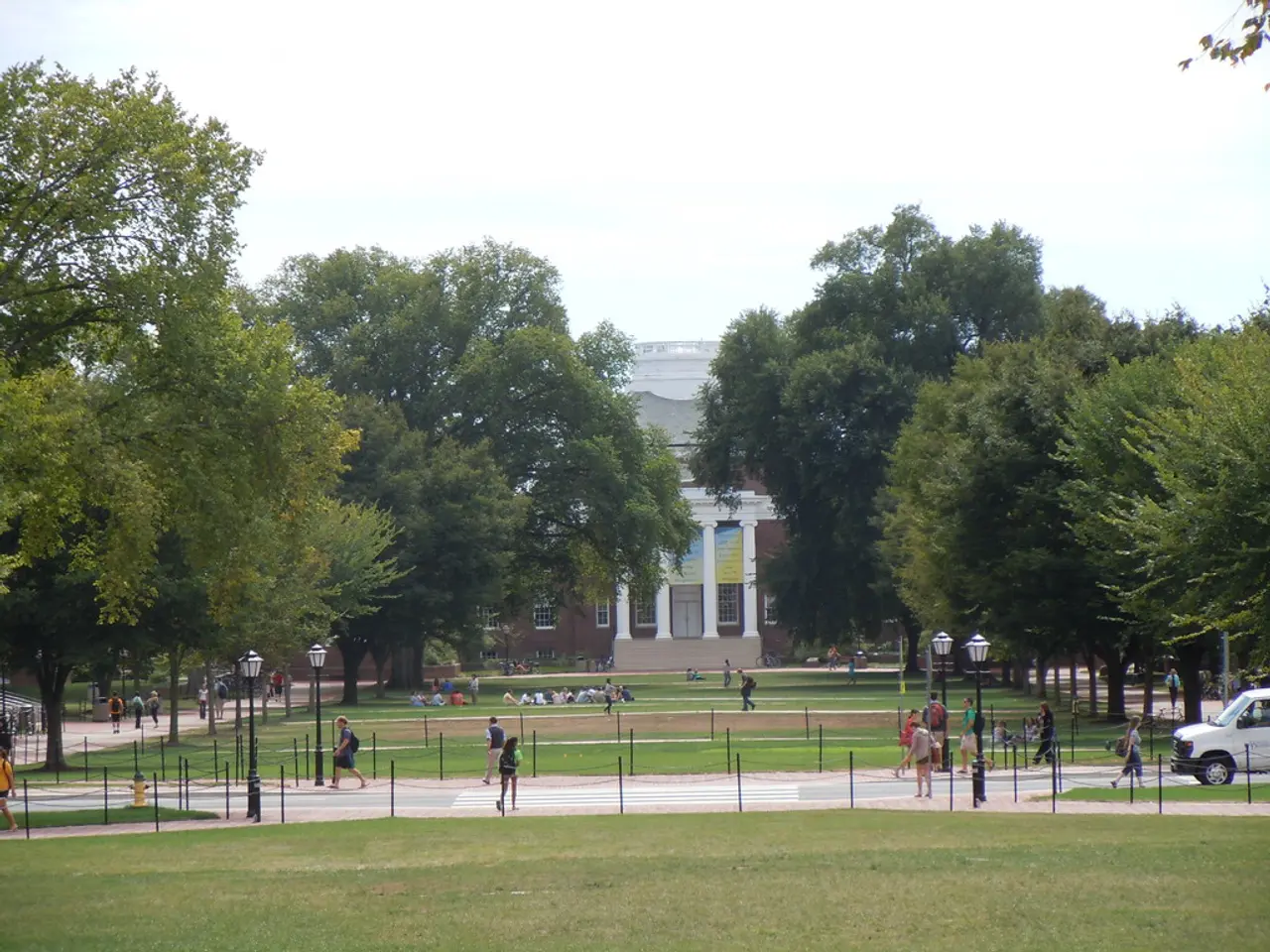Returnees from the Spring Break Immersive Student Program
The Spring Break Immersion Program (SBIP) at the College of the Holy Cross is a popular opportunity for students to engage in service, cultural exchange, and reflection, immersing themselves in communities that focus on social justice.
This year, the SBIP involved 125 students, who could travel to one of four types of SBIP sites: L'Arche, Sustainability, Appa, and Special (Urban) Sites. Each group was led by a student leader, typically a junior or senior.
The program encourages students to serve local populations through hands-on projects, such as working with nonprofits, community centers, and schools. The focus is on building solidarity and awareness of social issues like homelessness, immigration, or educational inequities.
The SBIP Kick-off dinner was held on the last day of classes this year, on Feb. 28. The third annual Reveal Night for SBIP was held in Seelos Theater on January 26th, where students learned their destination for the trip. A "Welcome Back" dinner was held for students returning from the SBIP trip on March 8.
Student leaders hope that the SBIP experience will be humbling and impactful for participants. The Jesuit principle, "men and women for and with others," is at the cornerstone of SBIP.
The Chaplain's office at Holy Cross organizes the Spring Break Immersion Program. Student groups typically consist of four to 11 students. Students apply for the program in the fall semester and are placed in a mystery location at the Reveal Night.
Some students sleep on the floor or on narrow church pews during the trip, and some are given a limited budget for meals. The program had 17 different locations this year, ranging from Boston to Washington state.
A "Welcome Back" party was held at Bowlero Worcester for students after the dinner. Although the specific geographic locations and program details for Holy Cross’ SBIP are not explicitly listed in the search results, it is typical for programs named "Spring Break Immersion" at institutions like Holy Cross to be held in underserved or marginalized communities in the United States and sometimes internationally.
If you need precise information about Holy Cross' SBIP sites and specific focuses, it would be best to consult the college’s official program page or contact their service-learning or student engagement office directly. In general, though, Spring Break Immersion Programs like Holy Cross’ are designed to immerse students in contexts where social needs are high and experiential learning about justice and service can thrive.
- The College of the Holy Cross' Spring Break Immersion Program (SBIP) offers students an opportunity to delve into various community settings, such as L'Arche, Sustainability, Appa, and Special (Urban) Sites.
- Each SBIP group is guided by a student leader, often a junior or senior, as they engage in hands-on projects for service, cultural exchange, and reflection.
- The program emphasizes building solidarity and awareness of social issues, including homelessness, immigration, and educational inequities.
- In addition to service work, the SBIP offers events like the Kick-off dinner, Reveal Night, and welcome-back dinners, providing social and learning opportunities for participants.
- The Jesuit principle, "men and women for and with others," is the foundation of the SBIP, aiming to be humbling and impactful for its students.
- Spring Break Immersion Programs like Holy Cross' typically situate students in underserved or marginalized communities in the United States and sometimes internationally, promoting education, self-development, and experiential learning about justice and service.






